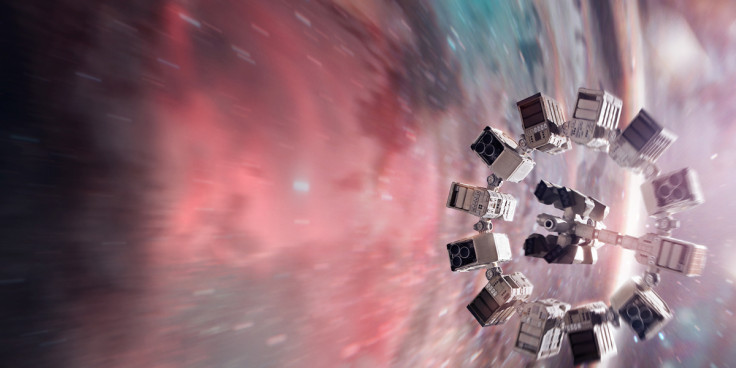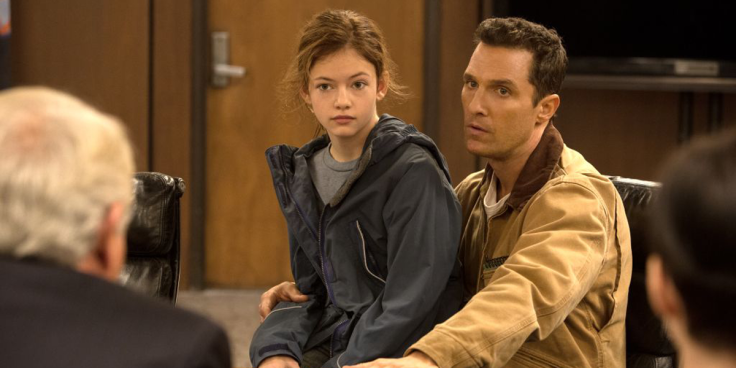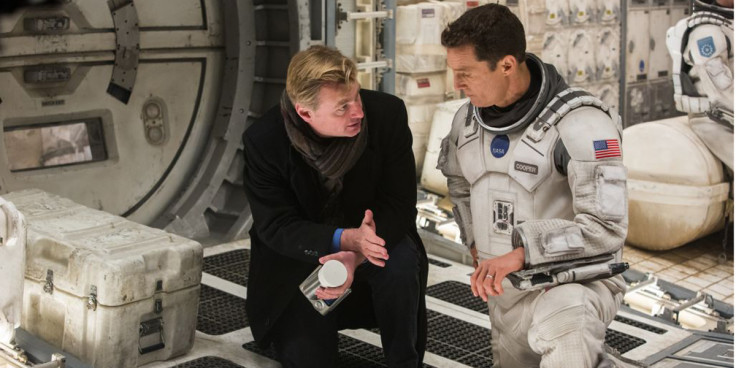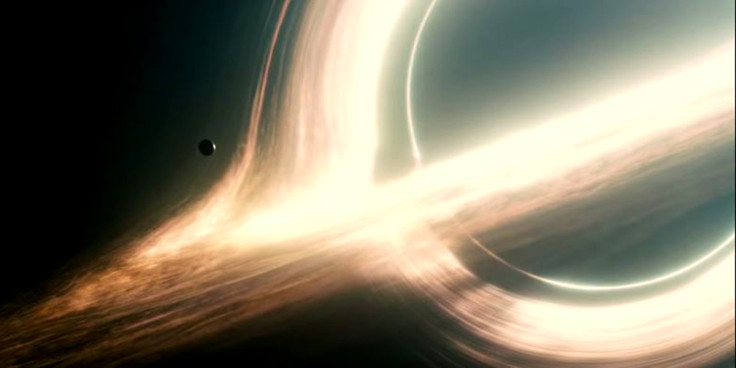Interstellar Review: Christopher Nolan's Sci-Fi Epic Never Quite Achieves Lift-Off

Christopher Nolan's love of Stanley Kubrick's 2001: A Space Odyssey is well known, so his first out-and-out science fiction film being so heavily inspired by it comes as no surprise. Interstellar bears many similarities to the classic sci-fi but it is in how they are different that Nolan's ninth feature falls short of becoming a classic in its own right.
The director (who penned the script with brother Jonathan) attempts to bring together a clinical, scientific tone similar to Kubrick's masterwork and an emotional story of love and family, but it strives to achieve so much that it ends up mishandled and creates a tonal rift.
Interstellar tells the story of Cooper (Matthew McConaughey), a former pilot-turned-farmer living in a world quickly running out of food. By his very nature Cooper yearns to explore, lamenting humanity's lost spirit of adventure. So when confronted with the possibility of humanity's extinction and the chance to save it, he has to make the difficult decision to follow his voracious desire to explore at the expense of leaving his children behind in the hope of saving them.
Based on physicist Kip Thorne's wormhole theories, Nolan's passion for the subject matter is obvious but it also becomes a hindrance. A story about wormholes, black holes, interstellar travel and strange distant worlds is naturally going to be heavy on exposition but Interstellar tries too hard to explain everything when there is no need to.

Kubrick's 2001 stands the test of time because of the many questions it left unanswered. There's nothing wrong with Nolan wanting to teach his audience a thing or two, but the sheer amount of jargon often makes it seem like he is more interested in educating than entertaining.
With so much weighty dialogue, it is a shame a poor sound mix drowns out dialogue at various points throughout the film with the needless bombast of Hans Zimmer's otherwise incredible score.
Initially, Interstellar puts an emphasis on science over fiction but flips that on its head in the final act, straying further into theory. It's a sudden shift that comes as the film reaches its sentimental crescendo and it could lose some members of the audience as a result.
There's a scene – shown in the film's trailer – featuring Anne Hathaway's Amelia Brand talking about love transcending time and space. It is a ludicrous scene about a soppy notion that falls flat but nevertheless Nolan attempts to use that notion as the driving force of his film.
The director attempts to blend subjective emotion and objective science, and it never quite feels natural, and that's a larger problem with the film.
Which is not to say Interstellar fails when it comes to its emotional arc. To the contrary, Cooper's journey to see his children again, and in particular the daughter he left on bad terms, is often moving. Both McConaughey and young Mackenzie Foy as Murph are wonderful and provide the film's much-needed humanity.
If you are making a film about saving the human race after all, you need to have humans the audience wants to survive.

Murph's hatred of her father for leaving positions her as a more central figure than her brother Tom (Timothée Chalamet), who winds up sidelined as a result. He and his father may not part on bad terms but the loss still would have affected him in a bigger way than the film bothers to deal with. At times it seems like Cooper is focused only on seeing his daughter again.
Interstellar is essentially two films: a loving tribute to 2001 that tries to explain its science, and a sentimental epic about love and optimism. Attempting to bring those together was noble, but in doing so without giving an inch on either side, Nolan serves up a film that does not quite deliver a cohesive tone.
There are problems but Interstellar is so interesting and McConaughey is such a magnetic lead that it remains utterly engrossing for pretty much every second of its lengthy two hours and 45 minutes run time. Visually it is also a triumph of practical film-making. The fact Nolan used no green screen at all is a wonder in itself.
Interstellar is unique in that there will likely never be another film like it with a nine-figure budget. Nolan falls far short of the perfection of 2001 but the primary reason he does is also why Interstellar is his most emotionally engaging film to date – despite the problems.
Sometimes maddening, sometimes infuriating, you are as likely to cry as you are to roll your eyes. In Interstellar, Nolan has created a divisive sci-fi epic but not one anyone will soon forget.

© Copyright IBTimes 2025. All rights reserved.






















